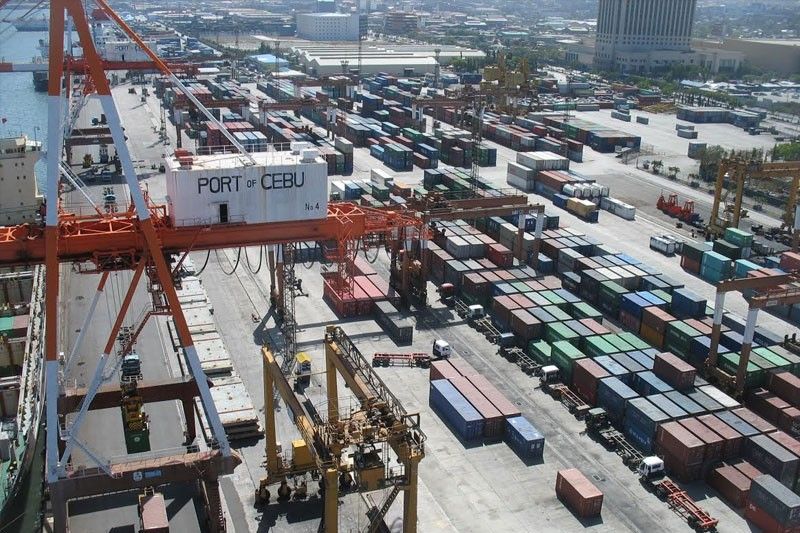US Generalized System of Preferences for Philippines extended for 3 years

The renewal authorizes the GSP through Dec. 31, 2020 and includes a mechanism that refunds tariffs paid from Jan. 1, 2018 through the reinstatement date of the program. Philstar.com/File Photo
MANILA, Philippines — The Philippines will continue to enjoy the incentives under the US Generalized System of Preferences (GSP) for the next three years, the Department of Trade and Industry (DTI) announced yesterday.
The DTI said the US GSP was reauthorized on March 23 after President Donald Trump signed the Omnibus Spending Bill which included GSP renewal language.
The renewal authorizes the GSP through Dec. 31, 2020 and includes a mechanism that refunds tariffs paid from Jan. 1, 2018 through the reinstatement date of the program.
“We wish to thank the US government for the timely renewal of the GSP program as Philippine exporters will continue to benefit from enhanced market access to the United States under GSP,” Trade Secretary Ramon Lopez said.
The GSP program covers a total 5,057 products or tariff lines, or roughly 47.7 percent of the 10,600 total US tariff lines, 3,500 of which are open for all beneficiary developing countries, while an additional 1,500 products are given to the least-developed beneficiary developing countries.
Effective since July last year, a total of 23 travel goods articles were added to the program.
Lopez said the Philippines has enjoyed preferential duty-free entry to the US through the GSP program for a number of products.
GSP exports account for 18 percent of Philippines exports to the US, valued at an estimated $1.59 billion.
According to Lopez, top GSP exports to the US include telescopic sights for rifles, spectacle lenses other than glass, new pneumatic radial tires of rubber, non-alcoholic beverages, not including fruits and vegetables, and electrical machinery and equipment parts.
The recent approval of the GSP is a “triple-win” for developing countries, US companies, and American consumers, Lopez said.
Meanwhile, Trade Undersecretary Ceferino Rodolfo pointed out the importance of the US GSP in the face of a brewing trade clash among bigger countries.
“The Philippines utilizes all available tools to maintain and even improve its preferential access to key markets. This is important not only in ensuring advantage for our exporters, but equally critical, to heighten the Philippines’ advantage as location for manufacturing of these products,” Rodolfo said.
- Latest
- Trending





























